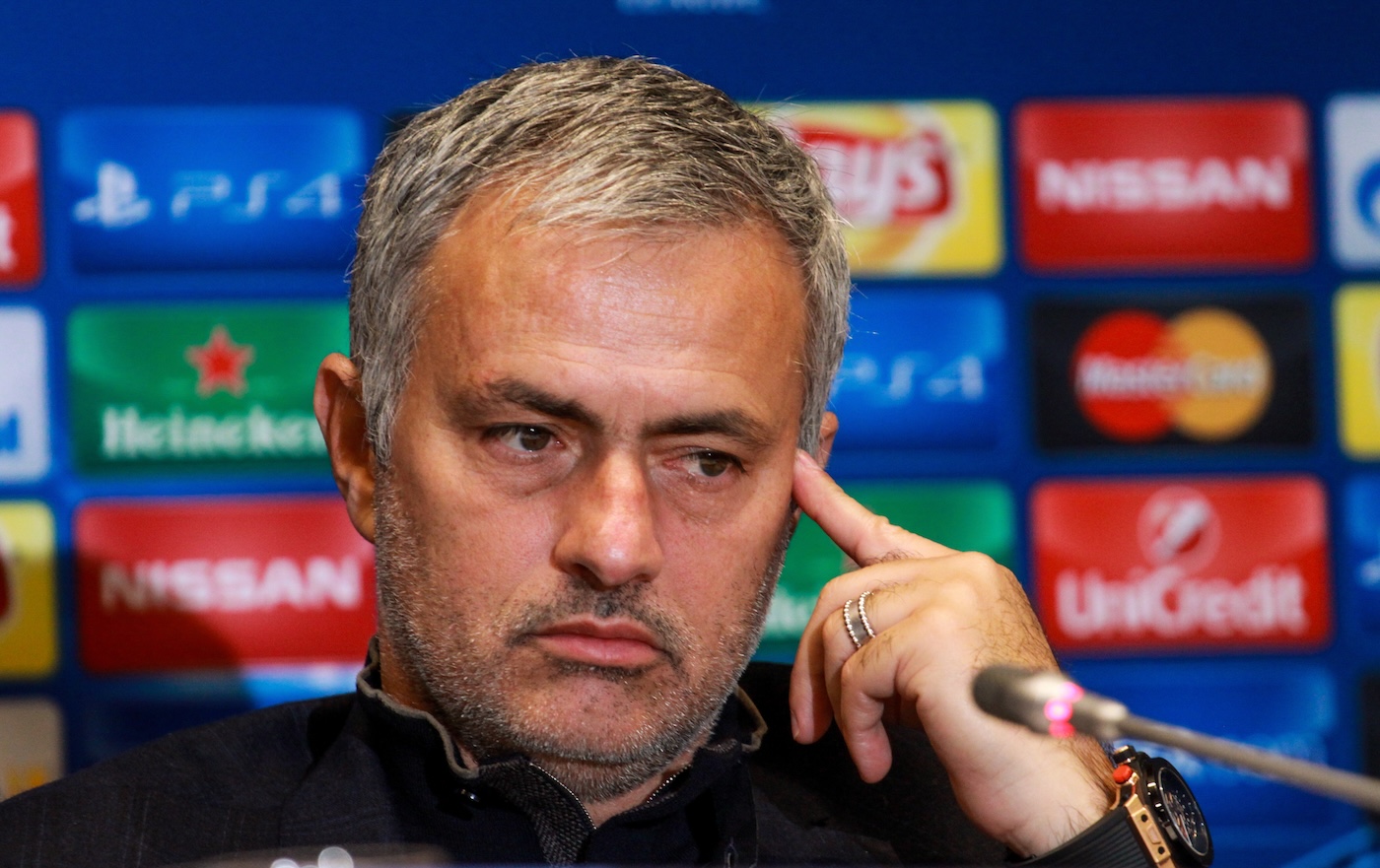Software engineering, Career
Stardom vs. steady growth: What's the real path to success
Emphasize the importance of mentorship and steady career growth over chasing quick promotions, fame, and high pay. José Mourinho's career is as an example where learning from seasoned mentors contributed significantly to his success.

At times, younger developers approach me for career advice on how to quickly become a senior or lead developer. My advice often disappoints them: "Find a place where you have good mentors, and you will learn a lot." This isn't what the younger generation typically wants to hear; they seek fame, high pay, and opportunities to speak at conferences. They quickly feel they are overqualified and lack the ability to think long term. This short term thinking can hinder long-term career progress. In this article, I discuss the importance of playing the long game in your career and finding good mentors early on. I'll use one of the most successful managers of all time, José Mourinho, as a case study
Focus on growth over status
We all know José Mourinho as one of the most successful football managers of all time. After failing to become a professional football player, he transitioned into coaching, studying Physical Education, English, and completing coaching courses in Portugal, England, and Scotland. His career began modestly as an assistant at a small club and as a scout. His big break came when he became an interpreter under Bobby Robson at Sporting Lisbon. Mourinho remained loyal to Robson, eventually becoming his assistant at Barcelona. When Robson left, Mourinho continued as an assistant under the new manager, Louis van Gaal. Van Gaal then gave Mourinho the opportunity to manage Barcelona B, where they won two league titles in the first two years. In 2000, José got his chance to manage Benfica, marking the beginning of a career that would see him win 8 national titles across four different countries, 5 European cups, and numerous other national and international prizes.
What we clearly see is that José saw the opportunity to work under a seasoned manager, Bobby Robson, and he accepted a modest role, even though he was probably overqualified for the job offered. He later stated that he applied many of Bobby Robson's man management styles during his managerial career. After his mentor left Barcelona, José could have sought a managerial role for himself. However, he decided to stay and learn from the new manager's tactical rigor. If he would have given in into entitlement he wouldn't have accomplished what he did.
Create a path for yourself by serving others
Mourinho helped the English gentleman Bobby Robson integrate into the Portuguese football culture. He was not only translating but also tactically coaching the players. Robson recognized that they were complementary; while Robson favored an attacking style, Mourinho was strong in defensive options. Through their collaboration, Mourinho's influence grew, and he eventually became the assistant manager at Barcelona.
Later, under Louis van Gaal, he continued to exhibit his strong tactical skills. He provided the Dutch manager with in-depth tactical scouting reports on opponents and assisted the coach in implementing a more pragmatic version of the Dutch attacking philosophy. He got more freedom and a chance to stand on his own feet by managing the second team.
We can clearly see that by providing support to our superiors, we pave our own path. Here are several ways to do this in your career:
- Create ideas Come up with ideas and discuss them with your boss.
- Do the dirty work Take on important tasks that nobody else wants to do.
- Look for ways to improve Identify inefficiencies and find ways where you can complement your boss to achieve bigger results.
- Be reliable Ensure you always deliver and that they can rely on you.
It is very tempting to join a startup for an exciting title, the promise of getting rich, and a lot of freedom, but there's a flip side. The exciting title looks good on paper, but you don't necessarily build up the skills required; the startup can go bankrupt, and with freedom comes responsibility that might be too much to handle. So, my advice is to follow José Mourinho's steady path of career growth by sometimes taking a step back in favor of career development. You will reap the benefits of this choice later in your career.